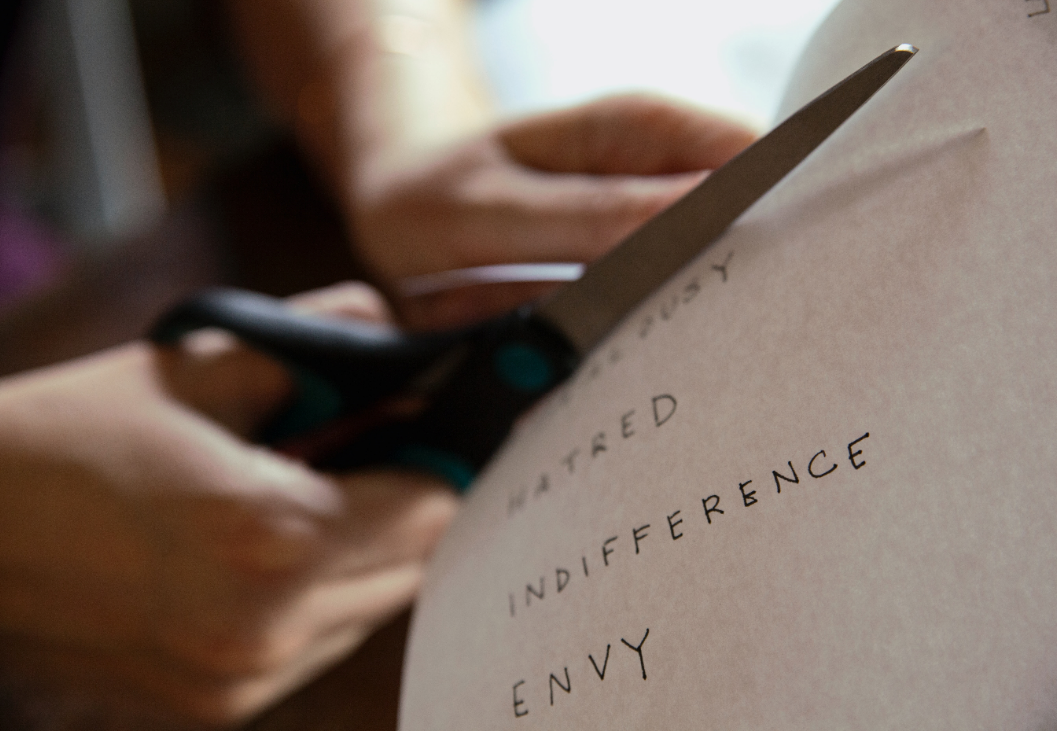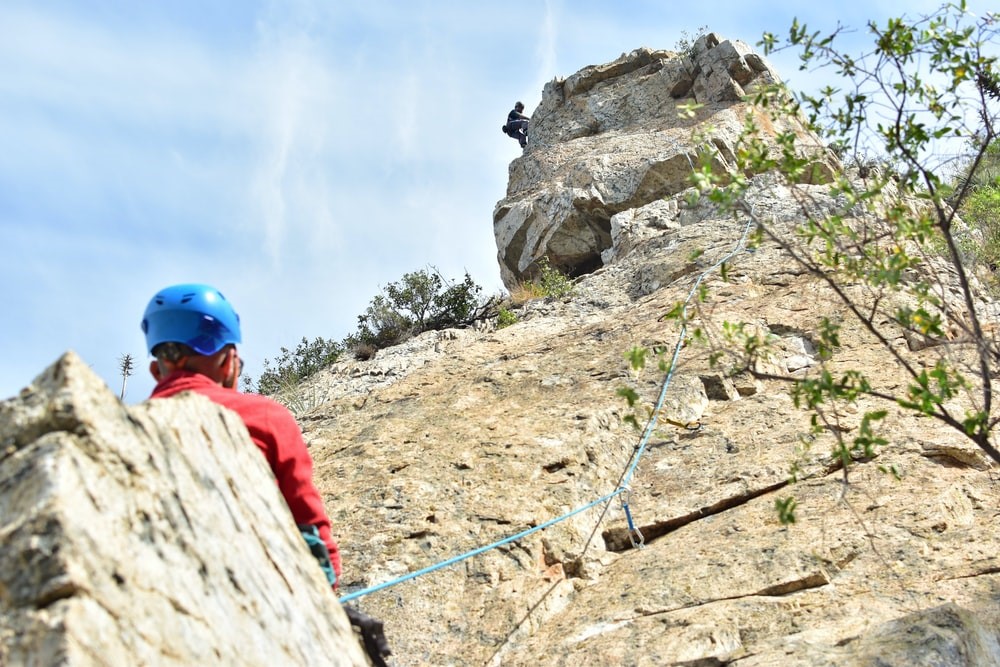“Life is what happens when you are busy making other plans.” –John Lennon
A few years ago, I was in a particularly busy season of life.
I was working full-time, raising a young family, volunteering regularly, participating in community groups, and squeezing in as many adventure activities as I could with my remaining time.
Nearly every square inch of my calendar was scheduled.
The result?
I noticed my mind racing constantly. I couldn’t shut it off. When I finished work, my brain kept trying to solve problems in the background. My sleep was disrupted most of the time. When I began a conversation with anyone, I could see their lips moving, but I could feel my thoughts jumping around and found it difficult to pay attention.
Maybe you can relate.
You are not present about half the time
In 2010, Harvard psychologists Matthew Killingsworth and Daniel Gilbert conducted a study with 2,250 people.
They monitored participants at random times using a phone app, to record what their minds were focused on throughout the day.
After gathering a quarter-million data points, they concluded that people were not paying attention or fully engaged in the present moment a whopping 47% of the time.
Furthermore, they also discovered that not being present seems to play a huge role in unhappiness. The less present we are, generally the less happy we are.
Given my prior experiences, this conclusion makes a lot of sense to me.
Have you ever watched a baby laughing, focused, or amazed? They seem fully absorbed in the moment.
The older we get life seems to lead us down a path of being less present. Maybe we need to find a way back to our childlike roots, to reverse course.
A challenging question
This summer we attended family camp in the Santa Cruz mountains for a week in a cabin among the redwoods and coastal morning fog.
On the last night, the keynote speaker (Mike Metcalf, Pastor of Bayside Adventure Church) said something that I found myself reflecting on for the next several months.
He posed a seemingly simple question, “How productive could you be if you were fully present in everything you did?”
As a student of productivity for the past decade, I found his question fascinating and challenging. It is easy to view productivity as doing more stuff and accomplishing more goals. Even doing more of the most important stuff.
But what about doing the most important stuff without being distracted—being fully present for each moment?
I found myself wondering…. How much more impactful I could be as a dad if I was more present with my kids?
Or how much better I could be as a partner if I listened more closely to my wife talk about her day?
How much more effective would I become as a leader if I could give my team my undivided calm focus during my one-to-one meetings with them?
How productive could I be if I ruthlessly eliminated distractions to focus on one important task at a time?
Do you have anyone in your life that gives you their undivided attention? These people are amazing to be with, aren’t they?
The sense that someone isn’t mentally rearranging their sock drawer while talking to you is a wonderful feeling, and also very rare these days.
I am lucky enough to have a few people in my life who are incredibly present in our conversations. The feeling is like a balm or salve to my anxious spirit.
Don’t you long to be this balm for the important people in your life?
So how do we become more present?
Here are a few recommendations:
- Don’t fill the calendar. It all starts with the ability to avoid overcommitting yourself. This helps slow down your racing thoughts, creates space between events in your life, and helps to reduce anxiety.
- Uncommit. If you habitually take on too much, it might be a good time to cancel some of the things you currently have in your calendar.
- Schedule margin. Like following distance on the road, we dramatically underestimate the margin we need in our lives. Plan on things taking longer, leave more margin. This margin allows your brain and nervous system to recover, consolidate what you’ve learned, and reflect. This is essential to life. Don’t skip it.
- Buy less. When I first heard this, I thought it was a strange recommendation for how to be more present. But it is vitally important. Every possession we allow into our lives requires time in the form of maintenance, storage, cleanup, or insurance. Accumulating less can help reduce anxiety, boost your finances, declutter your home, and save the planet—it’s a quadruple win.
- Set less goals. Many recent best-selling books have taken a deep dive into the science that shows the more goals we set, the more we may dilute our efforts toward the most important things in life.
- Cut back on screen time. Take time every week to spend time away from your phone, computer, or TV. Again, this is vital time for growth and consolidation of life experiences.
- Practice boredom and silence. In our digital age, we have lost the ability to be bored for more than a few minutes. Most people cannot tolerate silence. I recall years ago I heard Henri Nouwen say that when we eliminate silence from our lives, we choke out the voice of God. If you don’t believe in God, perhaps think of it as your voice of inner wisdom that thrives in the quiet places in your life.
- Set your intention in the morning. When you wake up, take a few minutes to think about the important events in your day that you would like to be fully present for. Begin with the end in mind.
- Meditate. An obvious practice to improve your presence.
- Be grateful. Gratitude helps us combat anxieties or desires for the future. It helps keep us grounded in the present moment.
- Focus on the body. Part of a many meditation practices. Get out of the mind an into the body. Yoga may be a good place to start.
- Walk. It’s no surprise that many ancient traditions utilized walking meditations as a regular practice to help clear the mind.
Have a great weekend!
Parker
*If you have enjoyed Parker’s blog, check out The Next Peak Podcast that Parker co-hosts. We interview successful leaders and discuss research-based principles that help people win in the workplace without compromising the things that matter most—relationships, a life of purpose, and health.




